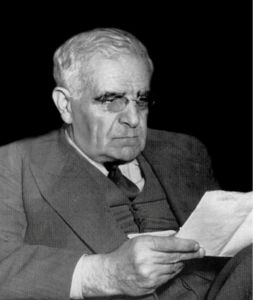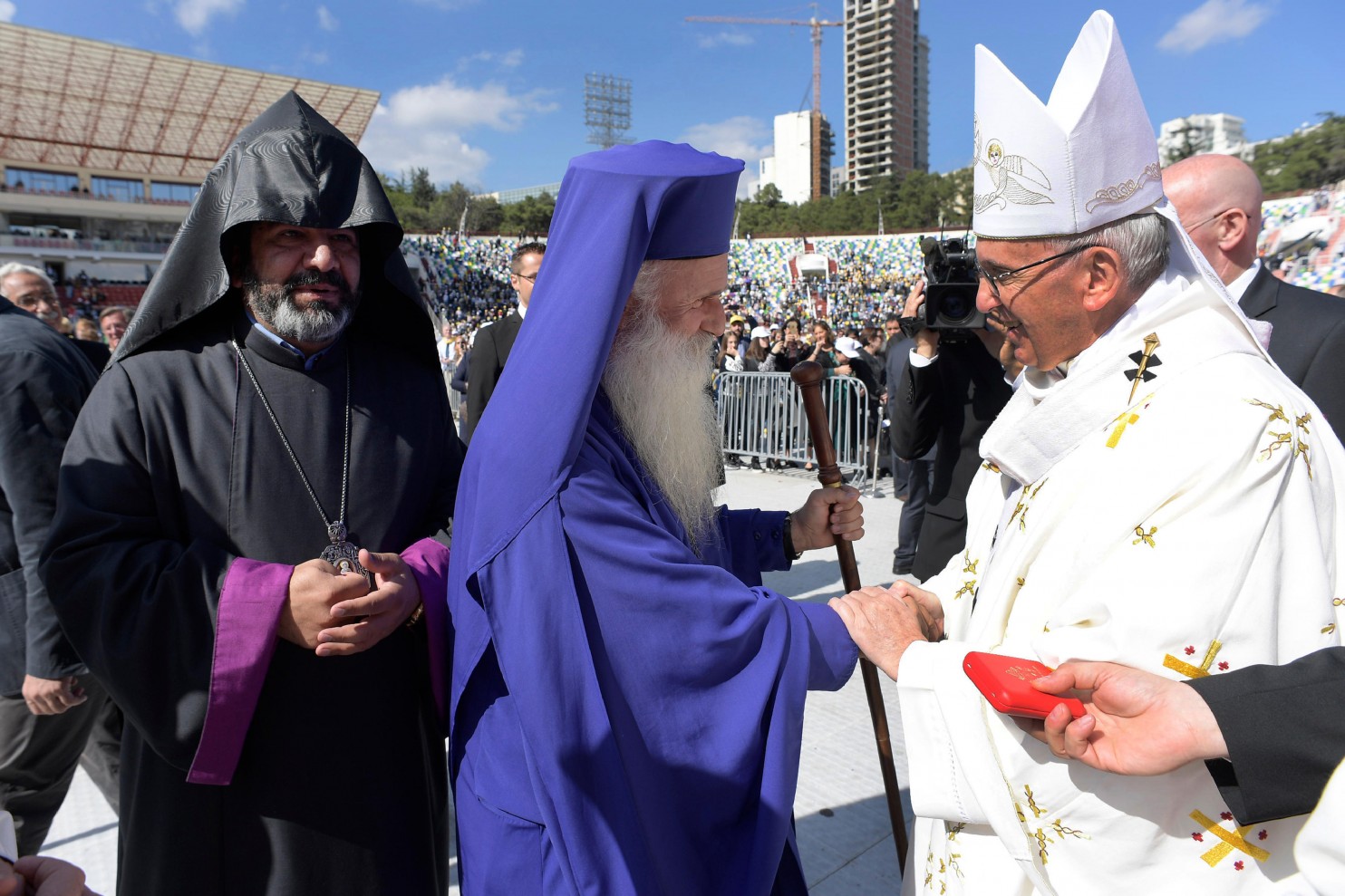When considering what kinds of developments could take place within Turkey-Armenia relations in 2013, the picture that emerges is not very positive. Armenia has shown great reaction to Turkey linking the implementation of the Protocols to important developments occurring in the Karabakh conflict and in fact has taken the Protocols off the agenda of Armenia’s National Assembly. During the approximately three years that have passed, no development has been seen in the relations of the two countries that could be considered as positive and on the contrary, the statements against Turkey of Armenian statesmen, particularly Serge Sarkisian, have increased. Among these statements are Turkey’s recognition of the genocide allegations, which was almost never mentioned before, and also even paying compensation. When examining the reasons for Armenia’s such harsh stance, it has been observed that Sarkisian has first acted with the purpose to evade the protocols which were not only criticized by the Diaspora but also in Armenia and at the same time, to eliminate the conviction that he is making concessions to Turkey. Sarkisian has been successful in this. Even during this current election period, Sarkisian has not received criticisms regarding the Protocols. Secondly, it has been seen that Armenia’s policy of “normalizing relations with Turkey without preconditions”; in other words, the ratification of the Protocols without being linked to the Karabakh conflict and Turkey opening its border with Armenia have been embraced by the US and EU countries. This situation has naturally encouraged Armenia in its policy towards Turkey. On the other hand, in reaction to Russia’s initiatives to make Armenia a member of the Eurasian Union, European Union’s desire to tie up Armenia to Europe by signing a partnership agreement has reinforced Armenia’s conviction that it is on the right path. Meanwhile, it is possible that following the signing of a partnership agreement, Armenia will utilize its new position to carry out some activities against Turkey within the EU and especially those concerning the commemoration of the 100th anniversary of the 1915 relocations. It could be observed that opposite to this rather “harsh” stance of Armenia, Turkey tries to follow a moderate and constructive policy. On the other hand, Turkey seeks to conduct dialogue with the “reasonable” circles of the Diaspora. Moreover, serious progress has been made in resolving some problems of its citizens of Armenian origin particularly concerning their foundations and churches. However, Armenia ignores these gestures of good will and continues its uncompromising policy. Such a policy could be beneficial during the election period but it is inevitable that it will create results to Armenia’s disadvantage in the long term. First of all this policy will further increase the existing solidarity between Turkey and Azerbaijan. It is possible that the deadlock of the Karabakh conflict will cause an arms race between Armenia and Azerbaijan which Armenia cannot sustain. On the other hand, the Karabakh conflict not being resolved will cause the Turkish border gate to remain closed. Lastly, Armenia will continue to remain outside the great cooperation projects between Turkey, Turkey-Azerbaijan and Georgia (such as transport of natural gas and petroleum, new railway lines, construction of new transit highways in the future) and will depend more on Russia in a time of such isolation. Meanwhile, it will become clear that apart from obtaining some financial aid, partnership with the EU will not help Armenia very much in resolving problems with its neighbors. In short, it could be seen that as long as its current policy continues, it will be inevitable for Armenia to encounter some serious problems in the future that will be very difficult for it to overcome.
© 2009-2025 Center for Eurasian Studies (AVİM) All Rights Reserved
SARKISIAN’S INVITATION
 THE OTHER SIDE OF THE COIN: 24 APRIL
THE OTHER SIDE OF THE COIN: 24 APRIL
 STRATEGY AND ETHICS OF POPE FRANCIS IN ORTHODOX GEORGIA
STRATEGY AND ETHICS OF POPE FRANCIS IN ORTHODOX GEORGIA
 BOOK REVIEW: THIS BLESSED LAND: CRIMEA AND CRIMEAN TATARS
BOOK REVIEW: THIS BLESSED LAND: CRIMEA AND CRIMEAN TATARS
THE PERINÇEK CASE




























